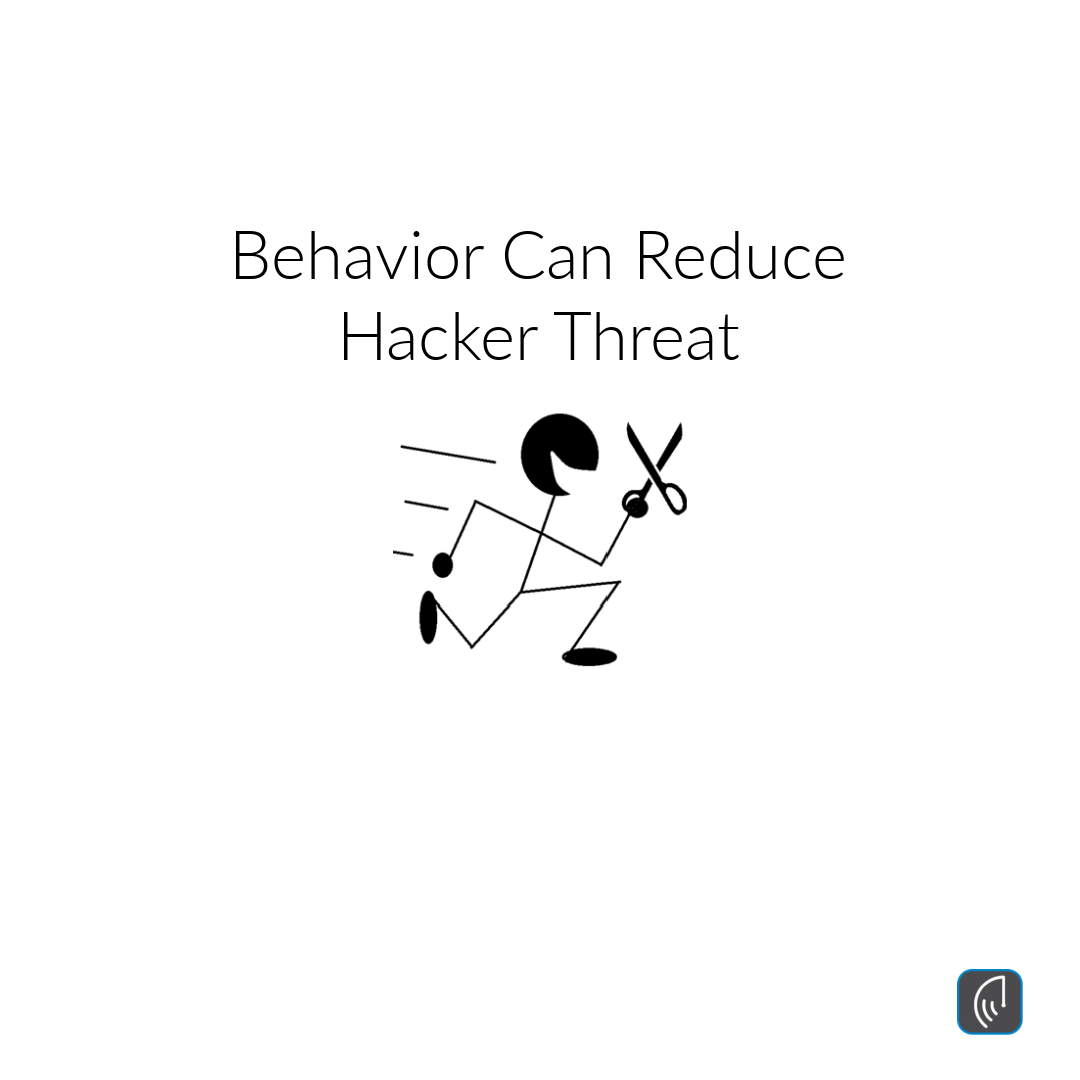Consumer behavior can help reduce the hacker threat we are all facing. With education and awareness, we can not only protect ourselves but the companies we work with and for.
Author (Matt Burgess) of Wired UK Magazine recommends six action items for consumers to help protect themselves including (6 Things You Need to Do to Prevent Getting Hacked | WIRED):
- The use of multi-factor authentication
- Password manager
- Learn how to spot a phishing attack
- Update/backup everything
- Encrypt everything and
- Wipe your digital footprint.
4 Personal Resolutions to help you
Nearly three years ago I published a similar article on January 18, 2019, titled 4 Personal Privacy Resolutions to Protect Yourself From ID Theft to help consumers with their privacy concerns, by writing about four resolutions including:
-
Social Media: you should reconsider the data you share on social media including Facebook, Twitter, Instagram, Snapchat, and even LinkedIn – as all five of these social media leaders have experienced one or more data breach events. Your resolution is to stop using social media, take a break, or reduce how much time you spend on it.
-
Password Management: using new and strong passwords is one of the best ways to protect yourself from identity theft. Using passwords that there are weak – and might even be used for multiple accounts, puts you at risk. Your resolution is to use a password manager that creates new, strong passwords. A PW manager will also scan existing passwords to flag reused and weak passwords.
-
Terms & Conditions: whenever I speak on the topics of cybersecurity, data breach, identity theft, and personal privacy – I always ask the audience “how many of you” have read the terms and conditions of your social media accounts or apps on your smartphones? The response is always zero. Your resolution is to read the terms and conditions of all new and current accounts. Reading T&C’s will help you understand what personal information that is being collected, used, and sold for marketing purposes.
-
Virtual Private Network (VPN): VPN software scrambles your IP address, encrypts data sent between your computer and the websites you visit, and masks your true location and service provider. This is important if you use public Wi-Fi. Your resolution to use a VPN will prevent hackers from seeing your traffic and potentially scraping sensitive information such as financial details. Public WiFi is Putting You at Risk
While I agree that consumers should be concerned about the recent T-Mobile data breach event where current and former customers are at a high risk of identity theft, consumers should be equally concerned about their behavior relating to social media, the internet of things, human error, and bad habits.
Consumer behavior can help reduce the threat of hackers but we have to educate ourselves and remain diligent.
By Mark Pribish
Vice President and ID Theft Practice Leader
